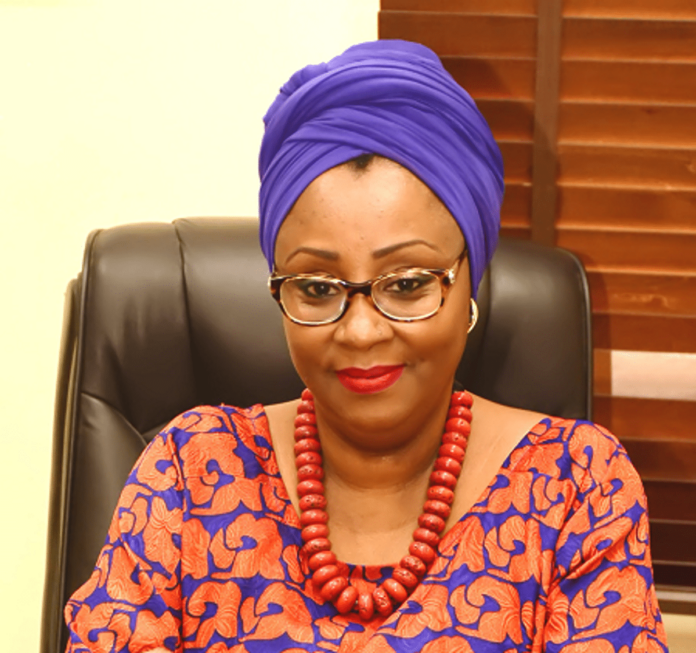Hadiza El-Rufai, the wife of the former governor of Kaduna State, Nasir El-Rufai, has recently made a statement that has sparked widespread discussion. In a brief but pointed message shared on social media, she declared that she is only accountable for her own actions and words. The statement, which reads, “I’m only responsible for my own actions and utterances,” comes at a time when her family has been at the center of public debate, particularly following controversial comments made by her son, Bashir El-Rufai, on social media.
The remarks by Bashir, who is the son of the governor, have drawn significant backlash. In a tweet that has since gone viral, Bashir El-Rufai referred to the people of Southern Kaduna in a derogatory manner, calling them “stupid” and making inflammatory remarks about the region’s ethnic and political issues. His tweet also involved harsh language targeting the people of Southern Kaduna, specifically those who have been critical of the government’s handling of herders-farmers clashes in the state.
In his now-deleted tweet, Bashir wrote: “It is your stupid mother that is an elephant. And Southern Kaduna residents will keep seeing shege if they continue to attack indigenous Fulani herdsmen. Oloshi.” The offensive post, which was widely condemned, caused an outcry among Nigerians, especially in Southern Kaduna, where there has been tension over the violent clashes between herders and farmers.
The message sparked a wave of anger and concern, with many questioning the El-Rufai family’s position on the ongoing ethnic and political tensions in the region. Critics felt that Bashir’s words were not only disrespectful but also exacerbated the already sensitive issues surrounding ethnic relations in Kaduna State, a region that has experienced violent conflicts in recent years.
In the face of the backlash, Hadiza El-Rufai issued her own statement, distancing herself from her son’s controversial remarks. Her assertion that she is “only responsible for my own actions and utterances” was seen by many as an attempt to clarify that she does not share her son’s views and is not accountable for his actions.
Her statement seemed to draw a clear boundary between her personal views and those of her family members, specifically her son, Bashir. In doing so, she sought to calm the growing public anger surrounding the tweet and to assert her own independence in the matter.
Hadiza’s clear distinction between her own actions and those of her son could be interpreted as a defense of her personal beliefs and values, separate from the controversial views expressed by her son. By making it clear that she will not be held accountable for what others say or do, she might also be signaling her desire for her family’s actions to be seen in their individual contexts, rather than as a collective reflection of her own stance.
The fallout from Bashir El-Rufai’s tweet highlights the deep divisions that exist in Kaduna State and the wider country. The violence between herders and farmers, which has been ongoing for years, has become a highly sensitive and politically charged issue. The situation is further complicated by ethnic, religious, and political differences, making any statement or action related to the conflict highly scrutinized.

